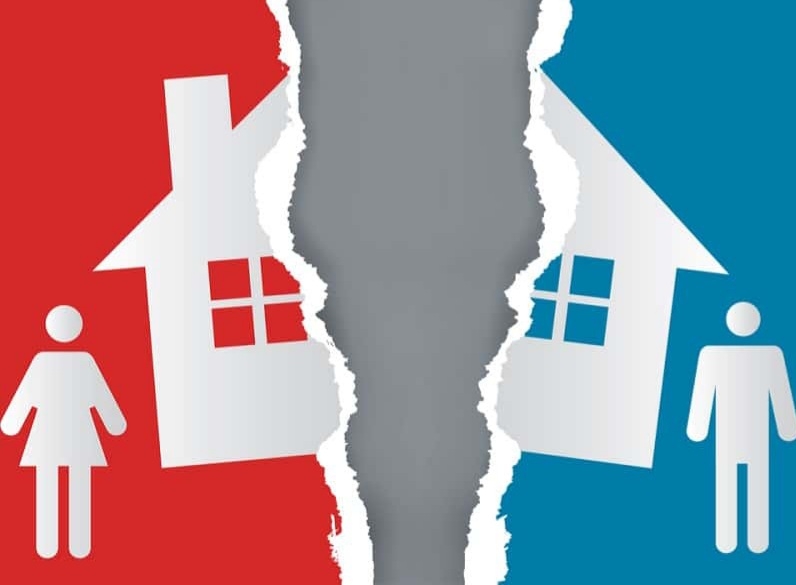How the NCA Affects You
1. Access to Credit:
Credit providers are required to assess your affordability before granting credit. This ensures that you don't take on debt you cannot repay.
You must provide accurate financial information for credit assessments.
2. Credit Agreements:
The NCA regulates the terms and conditions of credit agreements, ensuring they are fair and transparent.
It mandates that credit providers explain agreements in a language you understand.
3. Credit Bureau Records:
The NCA allows you to access your credit report for free once a year, helping you monitor your financial health.
Credit providers must report your credit history accurately to credit bureaus.
4. Debt Review:
If you are over-indebted, the NCA provides for a process called debt review to help you restructure your debt repayments in a manageable way.
How the NCA Protects You
1. Protection Against Reckless Lending:
Credit providers cannot offer you credit without conducting a proper affordability assessment.
If found guilty of reckless lending, the provider may be required to cancel or restructure the debt.
2. Transparency and Disclosure:
Credit providers must disclose all costs of credit upfront, including interest rates, fees, and total repayment amounts.
This helps you make informed decisions.
3. Unfair Practices:
The NCA prohibits credit providers from charging excessive interest rates or fees.
It also prevents unfair practices like automatic signing of credit agreements or hiding terms in fine print.
4. Dispute Resolution:
The NCA provides mechanisms for resolving disputes through the National Credit Regulator (NCR) or the National Consumer Tribunal (NCT).
You can lodge complaints if you feel a credit provider has acted unlawfully or unfairly.
5. Protection from Harassment:
Creditors must follow legal processes when collecting debt and cannot harass or intimidate you.
6. Access to Redress:
If your rights are violated, you can seek redress through the NCR or take legal action.
By promoting fair credit practices and empowering consumers with rights and information, the NCA aims to create a balanced credit market in South Africa.




















